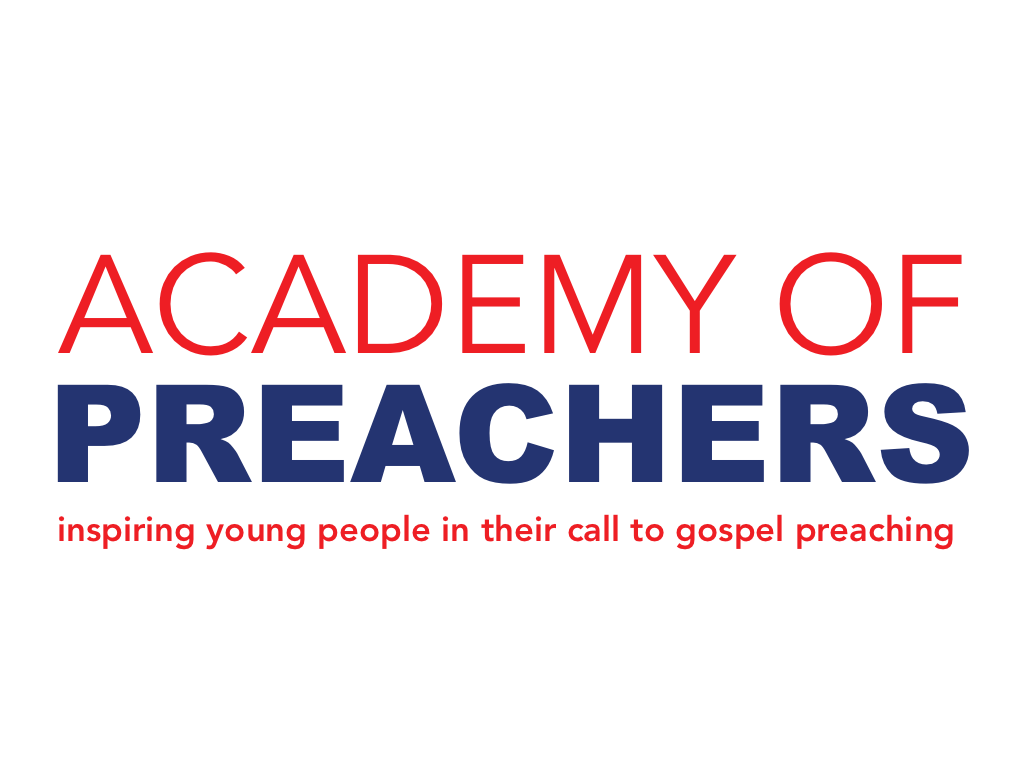A week ago today we finished our first Preaching Camp and it has been the topic of conversation for seven solid days. Everybody wants to know: How did things go? Wasn’t the diversity a problem? How did you handle young preachers who are so different in style and substance?
The young people don’t seem to be as bothered by this diversity as their mentors. Seasoned pastors and professors warn them of contamination or compromise; but the young preachers turned out to be quite open to one another.
At least after the one conversation upon which all good things hinged.
We had finished a guest presentation by Bob Russell, long time pastor of Southeast Christian Church. He surely is one of the most conservative ministers in the region. His talk came 24 hours after Dave Emery, 13-year pastor of Middletown Christian Church. It surely represents one of the most liberal denominations in the United States.
The two ministers were very different: one an introvert, the other an extrovert; one with carefully prepared notes, the other with an extemporaneous message; one advocating sermon series based on Biblical books, the other presenting plans for short series of topically-based preaching. Many other differences were apparent even to the young preachers.
“Let’s talk about this,” I said, pulling a chair into the circle; and so they did, for more than an hour. It was all good stuff, and perceptive, and honest, and helpful. But the quote of the day came right in the middle of the dialogue: “I have to learn not to allow one sentence or allusion or even one word to close the door to what a person has to say.”
I didn’t learn that until I was much older and it is still a struggle. Let a minister (or any speaker) quote the wrong person, refer to the wrong book, advocate the wrong idea, recommend the wrong event, or urge the wrong response to some moral and theological, and I immediately plug him or her into a stereotypical square and clamp down the door tight. Nothing good can come from this, I quickly surmise.
That attitude is rampant, in religion and in politics; but it is childish, selfish, and counterproductive. It is not conducive for the cultivation of wisdom; it does not build community.
So thank God one young preacher had the insight and courage to say what needed to be said: “Let us learn from everyone, even if some element of his or her vision of life and truth deviates from mine.” It is a good rule of life and expresses so well a fundamental value and practice of the Academy of Preachers.
